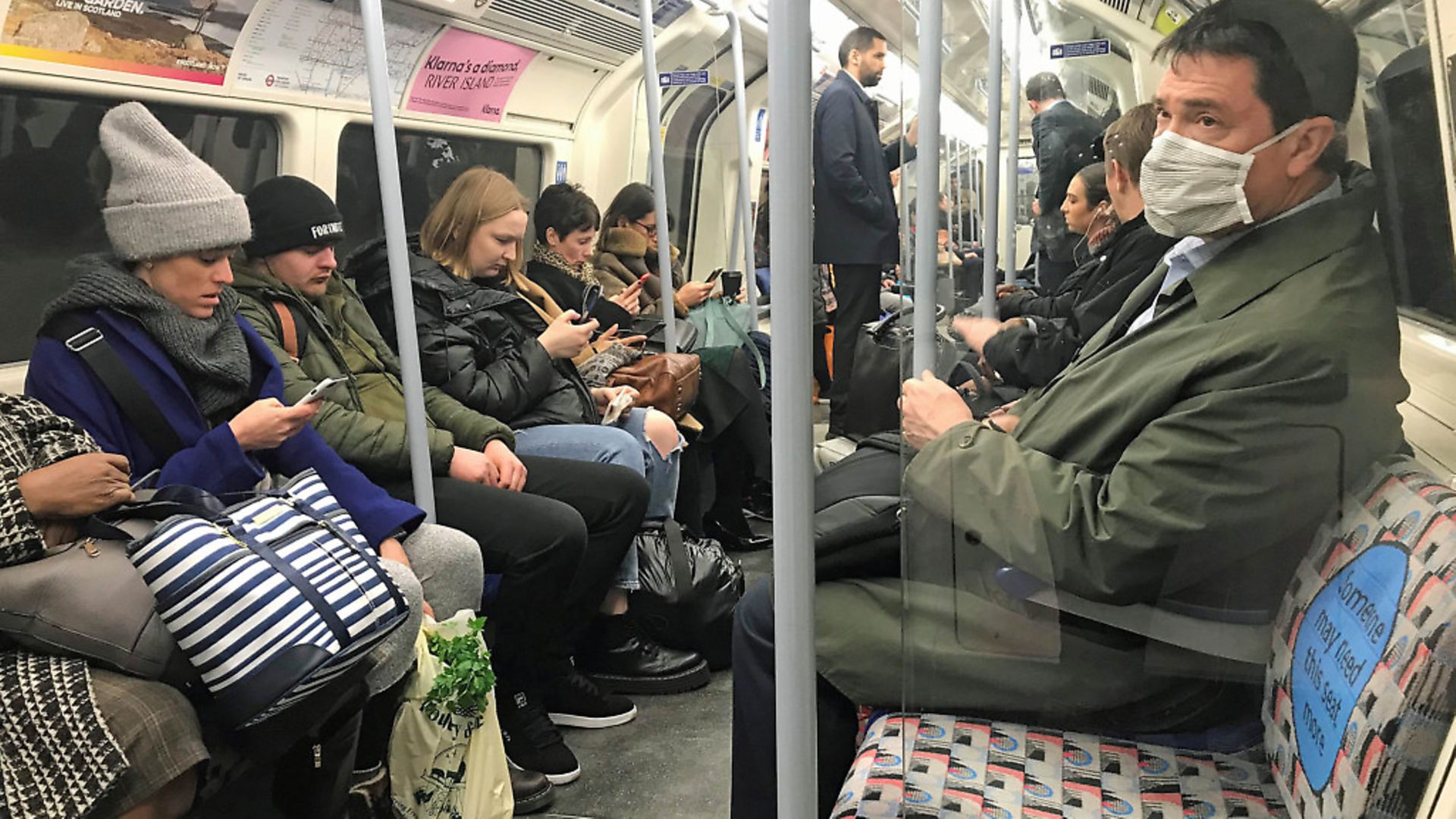
BONNIE GREER assesses the English coping strategies coming to the fore during the unprecedented COVID-19 pandemic.
Americans and Italians and the French, just to name a few cultures, are touchy-feely.
An American will shake your hand under almost any circumstances. Or give you a hug. Especially if they do not know you because the hug sometimes means: ‘Now get lost’.
This is something that I tell British friends who do business in the States: being hugged by an American actually could mean the opposite of what you think. Americans are also in your face. That is because this is what we do. How we know.
I mentioned to two American ex-pat friends how I screamed at the TV when I saw Meghan Markle briefly reach out to touch Harry’s arm when she wanted him not to say something during their engagement interview.
‘The British don’t like that! Don’t touch him! Too familiar!’ I screamed.
I imagined her sitting down with her staff, some of them from families that had been courtiers for generations, putting an arm around one of them and asking the room to tell her something about themselves.
Before I was introduced to the Queen, I was told to not speak first and never to look her directly in the eye. So when I was brought to her, I looked down a bit, out of respect, and waited. She’s a very cool old lady. In that millisecond of silence, I realised that she had expected me to speak to her. I addressed her as ‘Your Majesty’ and afterwards as ‘Ma’am’, and I could tell that she thought that the whole gathering, including the folks smoking in her antechamber just after Windsor Castle was restored following the Great Fire of the early 1990s, was absurd.
Nobody was telling the truth in that room, but as an American, newly arrived, it was explained to me that the English, especially from the Home Counties, especially the upper class, never quite tell the truth. And it is tricky to understand this, because to be sincere is a cardinal sin. And so, as an American, you learn not to touch. Except that younger people do. The younger they are, they more they do. So now in this plague time of elbow-bumping, I wonder how the British, especially the English really feel. That they should not touch.
Of course, I know that this depends on class and region and education, and you have to learn this if you are French or Italian or American or anyone else. You learn that this physical contact thing is very precise and you can get into trouble if you do not understand and adapt.
So it is interesting watching Londoners. Watch them in their face masks; and elbow-bumping and wonder if this isolation and social distancing is any big deal at all to them.
This thing makes you realise what being a foreigner means because there are no signals for me. I am sure that they are there; that they exist somewhere, but I cannot pick them up.
The Second World War spirit has been resurrected. Even the redoubtable Dame Vera Lynn has been brought out to remind us of how people survived that crisis.
If you have ever been around a newborn, you notice that the second thing that they do, after making a suckling shape with their mouths so that they can start eating, is that they reach out.
Prince George’s, the future king’s first public gesture, was to reach out – his fingers wide open to touch his mother. The only world he knew and the only one that mattered.
People made a joke about it – something about his first royal wave. But he was making contact. Because that is what we humans do. That is how we know that we are alive. It releases endorphins in us. Touch is crucial.
It was astounding to watch the late Princess Diana hug her sons in public. I can still recall Harry, who could not have been more than seven at the time, squeal with delight when she greeted him and gave him a huge hug. These are memories that a human being uses.
And so, in this isolation, I wonder how the English are coping. Because I do not know. The fact that Londoners do not usually make eye-contact with strangers – a shock to me when I first arrived here three decades ago from New York City (New Yorkers always look you in the eye) – causes me to think that they are not coping.
If a culture revels in the theatre of aloofness, of U and non U, as Nancy Mitford described it, then I, the outsider, cannot read it. And so cannot know how Londoners, how the English are coping.
One of my favourite TV shows now is Midsomer Murders. It is a brilliant dissection and satire on the English. Like Poirot, with pinpoint precision, Agatha Christie also saw her people: insular and at the same time, reaching out.
Even if someone has to get killed.
The nation will survive this pandemic, as it has done others. That ‘thing’ about the country will survive, too. But like most foreigners here, I observe the daily motion, the rhythm of a culture that, for some, is about no contact.
You have to learn the emotion. It runs deep and invisible to foreign eyes. You have to study it. And I have.
So I know that this man in the street, a complete stranger, who went inside a sandwich shop to feed our local homeless guy, was expressing a well of deep emotion and compassion.
The homeless guy took the food and thanked him. The man said: ‘Not at all. Take care’. And walked away.










